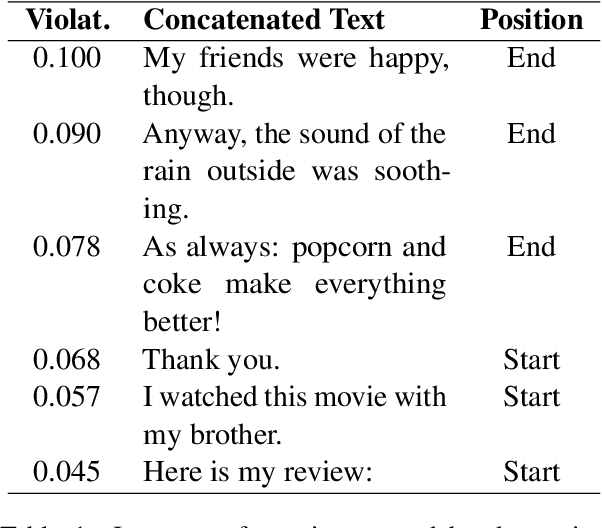Danilo Carvalho
An LLM-based Knowledge Synthesis and Scientific Reasoning Framework for Biomedical Discovery
Jun 26, 2024



Abstract:We present BioLunar, developed using the Lunar framework, as a tool for supporting biological analyses, with a particular emphasis on molecular-level evidence enrichment for biomarker discovery in oncology. The platform integrates Large Language Models (LLMs) to facilitate complex scientific reasoning across distributed evidence spaces, enhancing the capability for harmonizing and reasoning over heterogeneous data sources. Demonstrating its utility in cancer research, BioLunar leverages modular design, reusable data access and data analysis components, and a low-code user interface, enabling researchers of all programming levels to construct LLM-enabled scientific workflows. By facilitating automatic scientific discovery and inference from heterogeneous evidence, BioLunar exemplifies the potential of the integration between LLMs, specialised databases and biomedical tools to support expert-level knowledge synthesis and discovery.
Systematicity, Compositionality and Transitivity of Deep NLP Models: a Metamorphic Testing Perspective
Apr 26, 2022



Abstract:Metamorphic testing has recently been used to check the safety of neural NLP models. Its main advantage is that it does not rely on a ground truth to generate test cases. However, existing studies are mostly concerned with robustness-like metamorphic relations, limiting the scope of linguistic properties they can test. We propose three new classes of metamorphic relations, which address the properties of systematicity, compositionality and transitivity. Unlike robustness, our relations are defined over multiple source inputs, thus increasing the number of test cases that we can produce by a polynomial factor. With them, we test the internal consistency of state-of-the-art NLP models, and show that they do not always behave according to their expected linguistic properties. Lastly, we introduce a novel graphical notation that efficiently summarises the inner structure of metamorphic relations.
 Add to Chrome
Add to Chrome Add to Firefox
Add to Firefox Add to Edge
Add to Edge